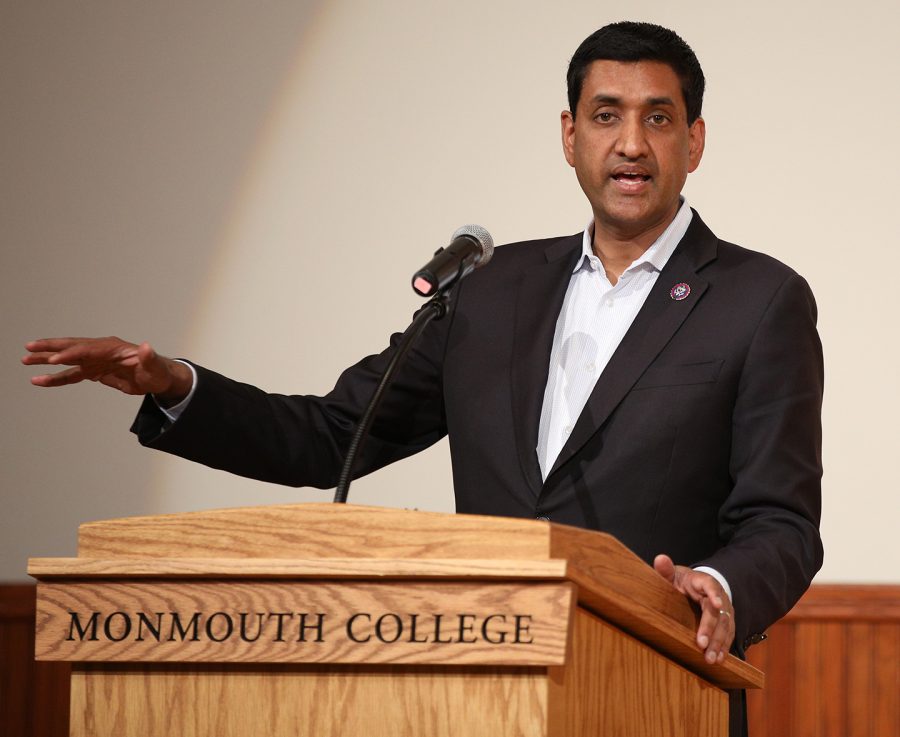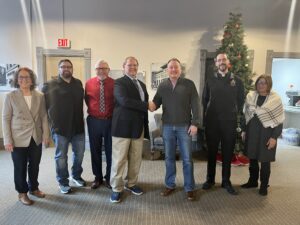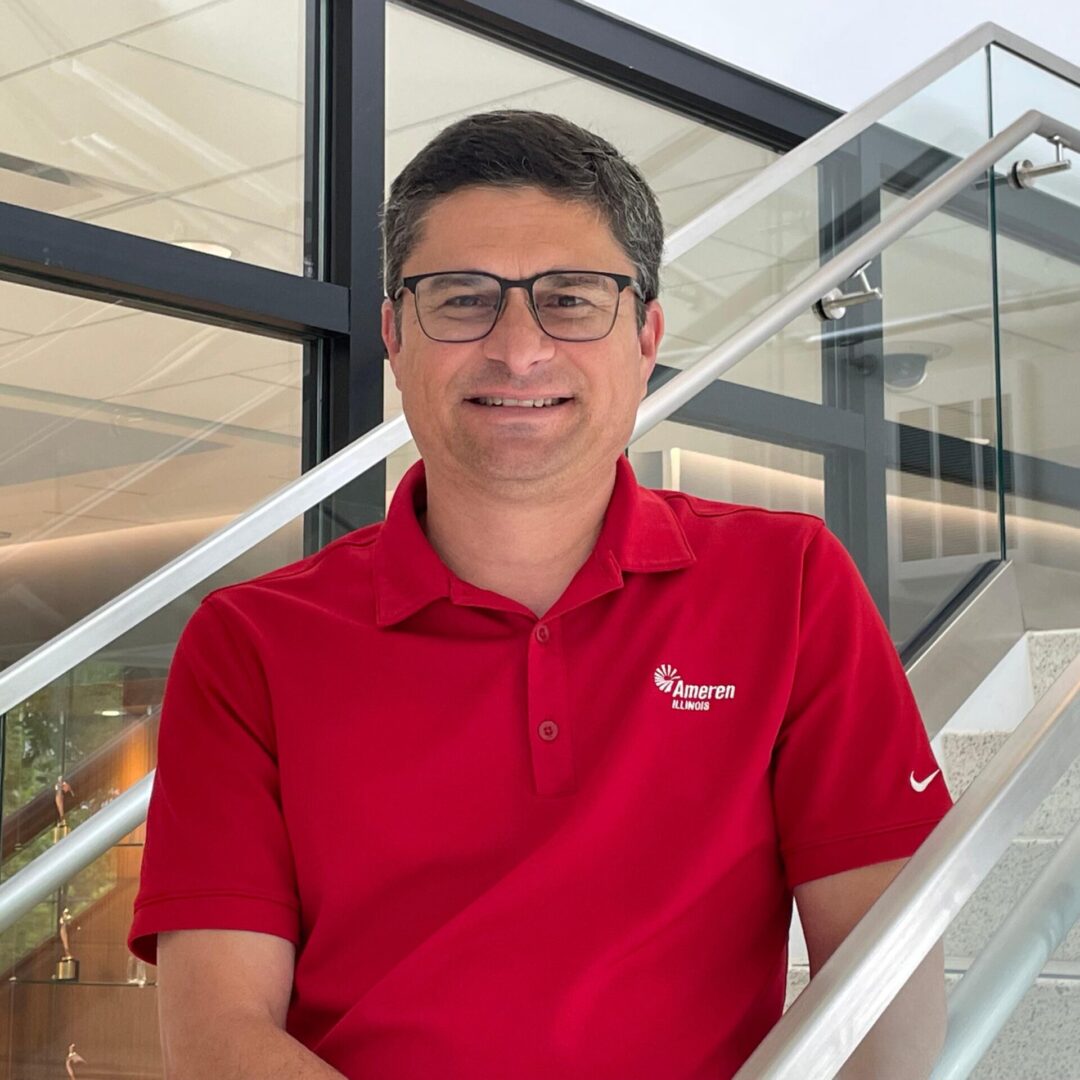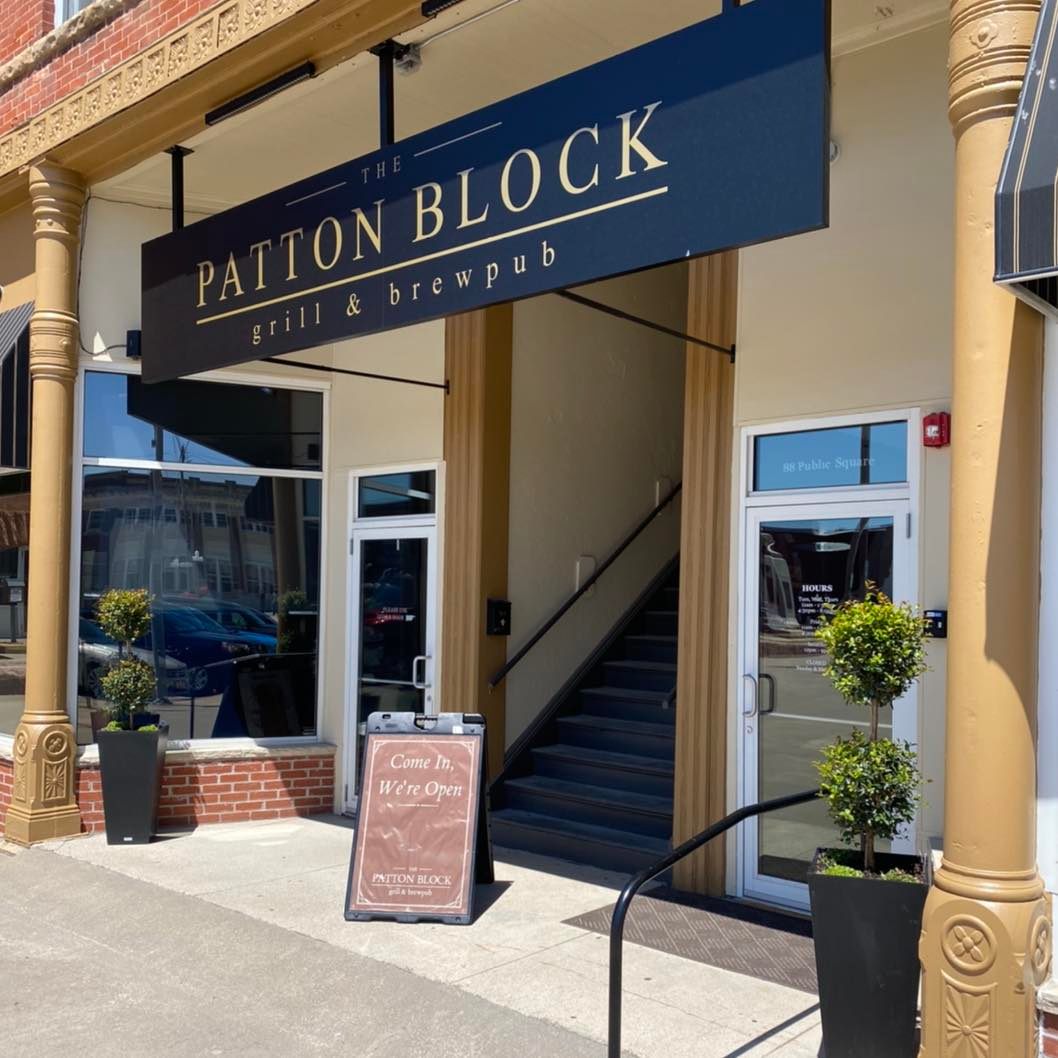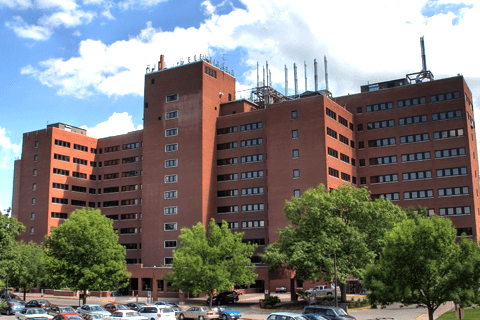A “true son” of Philadelphia who represents the Silicon Valley region of California was in Illinois Friday to share his vision on “Bringing Tech Jobs to the Heartland.”
That was the title of the Midwest Matters lecture at Monmouth College by U.S. Rep. Ro Khanna (D-California), who was invited to campus by political science lecturer Robin Johnson.
“The more technology advances, the easier it is to use,” Khanna told an audience of students, faculty, staff and community members in Dahl Chapel and Auditorium. “That was part of Abraham Lincoln’s vision with the land-grant universities,” which called for, in today’s language, a focus on teaching STEM in addition to the classical subjects.
“That’s what helped make the United States an industrial power by the turn of the 20th century,” said Khanna, the child of immigrants from India who was born in Philadelphia in the bicentennial year of 1976. “So what does that look like in the 21st century?”
From Lincoln to Jefferson
Khanna said one answer can be found in Jefferson, Iowa, a community of 4,200 people northwest of Des Moines. He reported that in 2019, 800 people showed up for 20 tech job openings, which were created by a partnership between the local community college and leaders in Silicon Valley and Pillar Technologies, which has an office in Jefferson.
“It wasn’t about technology, it wasn’t about jobs,” said Khanna of the larger-than-expected turnout. “It was about hope. … We’ve got to demystify these tech jobs. These are jobs with a starting pay of $60,000, $70,000. We haven’t paid enough wages for our young people to stay in their hometowns. No one should be forced to leave their hometown because of no opportunities. Let’s make it so people have a fair shot at the American Dream.”
The model in Jefferson, which includes intensive tech training for students, is one that can be replicated throughout the country, say Khanna and other Silicon Valley leaders.
Maytag meeting
Khanna, who also spoke to a Monmouth class, has represented California’s 17th Congressional District, the heart of Silicon Valley, since 2016. It is the most economically prosperous district in the nation, home to corporations that have a combined market capitalization of $11 trillion and where the median household income is more than $140,000. As Khanna acknowledged in his talk, not all of the country has enjoyed that level of prosperity.
“People around the country are upset they’re being left out,” said Khanna. “Ninety percent of the stock gains in recent years have been from tech companies. But when Silicon Valley does well, it doesn’t help Youngstown, Ohio. … Globalization has worked out for Silicon Valley. But it didn’t work out for Galesburg. It didn’t work out for half this country. There’s tremendous wealth in some parts of the country, but other areas have been totally left out. We need to open up new industry, new production.”
Among other enlightening conversations during his visit, Khanna had the opportunity to talk with employees of the Maytag plant that closed in 2004 in Galesburg, throwing several thousand people out of work.
“I’ve had some great meetings, I’ve met some incredible students and I had the opportunity to meet with several former Maytag employees,” said Khanna. “I wish every person in Congress would come here and just listen to people.”
Driven home to him by the former Maytag employees was the sense of community and family they developed during their years at the company, before it was closed in favor of a plant in Mexico.
“You can’t engineer community, but you can engineer policies that will destroy community. I don’t understand why we don’t have a simple law. Businesses are certainly free to produce offshore, but if they do, and then they want to sell those products here in the United States, they should be taxed. On the flip side, there should be incentives for businesses who aren’t doing that. We made the mistake of letting our jobs go offshore without thinking of the consequences. We let production go and didn’t think enough about community.”
In his nearly hour-long talk, which included questions from the audience, Khanna also addressed inflation, which is at a 40-year high in the United States.
“You want to get inflation down?” he asked. “Build more things in America. Then you don’t have to pay the extra prices to import them.”
Motivation and tenacity
Khanna recalled that President Franklin Roosevelt helped the United States get back on its feet through a series of legislative initiatives and executive orders. The motivations were simple: to extricate the country from the Great Depression, and then to rally together to win World War II.
“Now, we want to make sure we win and not China,” said Khanna. “That’s our source of motivation right there. Are we going to do our part to have America be a leader in the 21st century?”
During a recent discussion in Iowa, a mother asked Khanna what she should say to her son, who rapidly lost faith in America during President Donald Trump’s four years in office. After replying, “This country is stronger than one politician,” he followed up with an answer that applies to people from both political parties.
“I told her, ‘He hasn’t earned the right to be cynical,'” said Khanna. “People like (the late congressman) John Lewis were beaten on a bridge in Alabama. My grandfather was jailed in India along with Gandhi during the peace movement there. There are people who have sacrificed to make America what it is. We’ve got to be tougher. We’ve got to be stronger. We have to increase our tenacity, our resolve, our hope.”
***Report Courtesy of Monmouth College***


